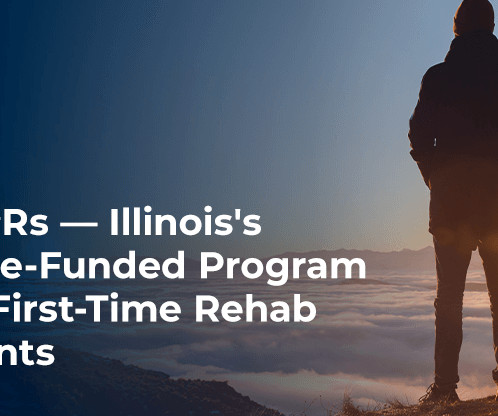Introduction to Trauma-Informed Care for Juvenile Offenders
Relias
JANUARY 24, 2024
To help professionals in this system, let’s explore the intersection of rehabilitation and mental health and cover the keys to providing trauma-informed care for juvenile offenders. Why trauma-informed care for juvenile offenders is important The juvenile justice system has a high number of youth with behavioral health issues.











Let's personalize your content